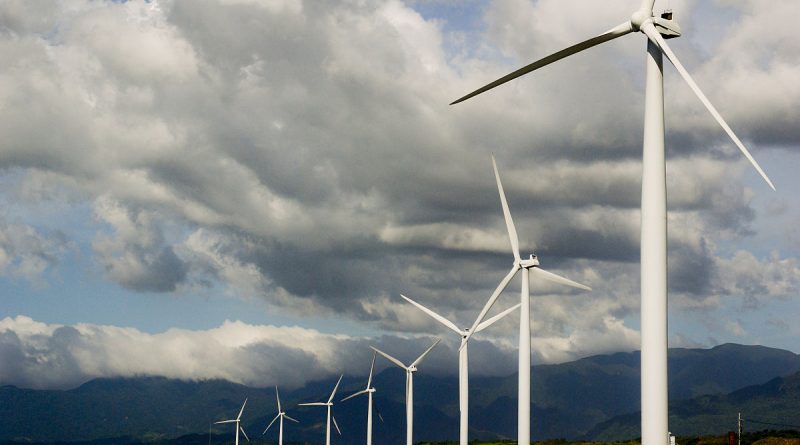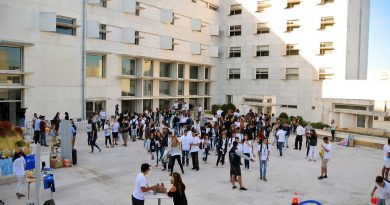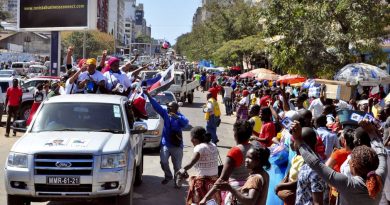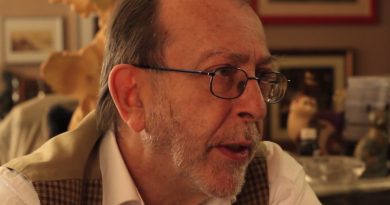Local Energy Communities and priority corridors of north-south energy connections
An integrated approach to the promotion of a renewable energy market in Europe
The development of Local Energy Communities is a vision which aims to address the pressing future global issues of energy efficiency, healthy food sources and water management. The fact that a very large percentage of EU regional development funds remain unused represents an opportunity for the Member States to review the European energy market strategy and develop a policy program aimed at funding these projects.
By 2050 nearly 10 billion people will live on earth, requiring energy efficiency, clean water, healthy food sources, housing and community development. These are the forefront of pressing global issues that must be addressed. Autonomous Local Energy Communities, off-grid-capable neighbourhoods, comprised of renewable energy, water management and waste-to-resource systems, are defined in literature as “laboratories for the future” or “test fields” for a structural transition towards commons-oriented, non-accumulative, socioeconomic systems.
The promotion of local renewable energy autonomy and an integrated energy market at the European level are not mutually exclusive. Quite the contrary. When framed against an approach to climate adaptation that integrates the promotion of energy autonomy with that of water conservation and food production, we can see the potential of enhancing the comparative advantages inherent in the ecosystems of each region, thereby boosting economic growth and trade across Europe. This framework is called Local Energy Communities. Such an approach has the potential of being particularly beneficial to economically marginalised regions in southern Europe. It may also create economies of scale that will decrease the costs of production, the commercialisation and the consumption of renewable energy, namely by increasing the transmission capacity between southern European countries and central/northern European countries. This will contribute to the reversal of the stagnation of renewable energy capacity in recent years by increasing incentives for investment in this sector. It will also create incentives for renewable energy consumption, especially in European regions whose geographical conditions make it difficult for them to produce renewables.
The methodology for the development and implementation of Local Energy Communities should be based on localising regions with ecosystems that favour the endogenous production of renewable energy.
The fact that a very large percentage of EU regional development funds remains unused represents an opportunity for Member States to review the European energy market strategy and develop a funding programme for Local Energy Communities. The methodology for their development and implementation should be based on localising regions with ecosystems that favour the endogenous production of renewable energy. They would be identified and classified according to the measurable productivity and growth potential of endogenous renewable energy sources. The programme should assess the potential of regions for a particular renewable energy technology based on their current production figures and/or export specialisation in this sector. The comparative advantage indicates whether a region is better able than others to compete in a particular technology.
But even if a region is not yet specialised in a certain sector it might develop a comparative advantage over time, especially if the sector is based on rapid innovation. The programme would also include funding provisions aimed at promoting the intra-European transfer of technology, so that those regions that are not yet able to produce the renewable energy they need, can develop their respective comparative advantage and have the opportunity to do so at a later stage. The eco-villages of Tamera in Portugal and Skala in Greece are presented as example “small cells” of community, which, if replicated in an integrated manner, could become templates for such a programme.
Keep reading the article on #Dialogue on Europe.
Article authored by Ana Margarida Esteves (CEI-IUL), Vasiliki Kyriakou (Democritus University), and Pablo Valdés-Stauber González (Augsburg University).
Photo: Windmills, by Leoviernes1 / CC BY-SA 3.0
![]() This work is licensed under a Creative Commons Attribution-NonCommercial-ShareAlike 4.0 International License.
This work is licensed under a Creative Commons Attribution-NonCommercial-ShareAlike 4.0 International License.




